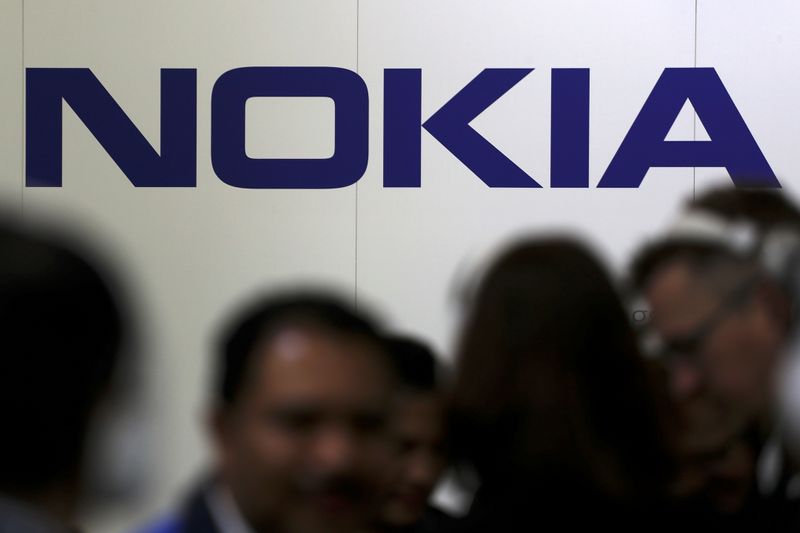By Matthias Inverardi and Douglas Busvine
DUESSELDORF/BERLIN (Reuters) - A German court on Thursday referred a patent licensing dispute between Finnish telecoms equipment maker Nokia (NYSE:NOK) and German carmaker Daimler (OTC:DDAIF) to the European Court of Justice to clarify the law as it applies to supply chains.
The Duesseldorf Regional Court said it would suspend proceedings in Nokia's fight against Daimler over royalties for technology used in navigation systems, vehicle communications and self-driving cars.
The long-running row revolves around standard technologies used in 4G mobile networks that support features in so-called connected cars, and whether Nokia is licensing them on fair, reasonable and non-discriminatory (FRAND) terms.
The dispute has made waves in Brussels, where the European Commission has stepped in with a proposal to establish whether certain patents are essential to a technology standard and reduce "friction" over their use.
Nokia has argued that it has discretion to determine the point in the supply chain at which it issues licences, the Duesseldorf court said in a statement explaining Thursday's ruling.
Daimler has countered that, under European Union single market rules, Nokia is obliged to offer unlimited licences for all uses relating to standard patents.
In its ruling, the court found Nokia had the right to seek an injunction against Daimler for patent violation. But it also raised the question over whether doing so would represent an abuse of Nokia's dominant market position.
It suspended proceedings pending clarification of a list of related questions it put to the European Court.
The referral of the case to Luxembourg effectively freezes the status quo in which Daimler uses Nokia's patents for free - a blow to the Finnish firm that earns 1.4 billion euros ($1.7 billion) a year from licences.
The Duesseldorf case is one of several between Nokia and Daimler that are working their way through German courts - a typical feature of patent litigation as parties seek a ruling that can establish a favourable precedent.
Thursday's judgment can be appealed.

($1 = 0.8391 euros)